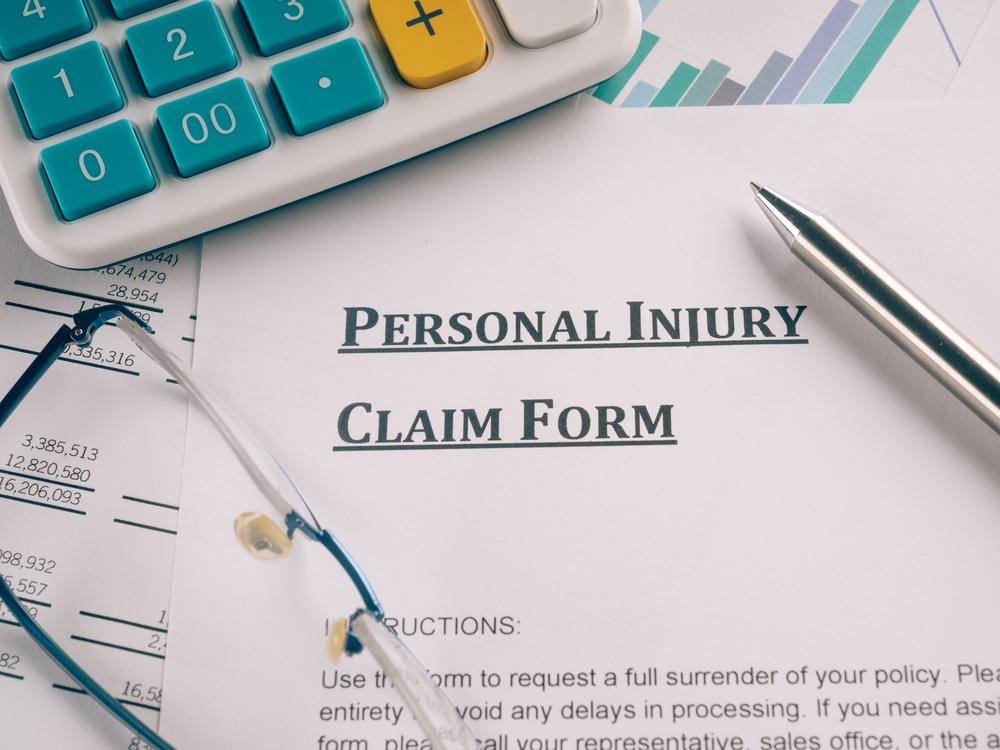
Why Is it Important to have Medical Proof for an Injury?
It is important to have medical proof for an injury to ensure that you receive your rightful damages for that injury to help cover the cost of missed work, medical expenses, and associated recovery. Medical proof can point to who is at fault. With differing levels of severity, it’s important to have medical records to back up your verbal explanation of your injuries.
Accidents that cause short term or long term injuries can keep you from working your job or result in chronic pain for the rest of your life. For this type of personal injury, medical records can help to prove the severity and ensure that you receive the right type of accommodation for your recovery.
Why Are Medical Records So Important?
Medical records serve as legal evidence of the injury, proof of damages, and the worth of your personal injury case.
Direct Evidence
Medical records represent direct evidence of your injury. Rather than just a personal account of your body’s aches and pains, a doctor’s word and documents go a long way in supporting a personal injury claim. Each medical document, whether emergency room records, doctor’s diagnosis, prescription, or another medical document represents concrete proof of your injury.
Proof of Damages
Injury care and the recovery process can be expensive, and pursuing care can be financially daunting. However, having proof that you sought medical care showcases that you were injured enough to seek medical aid. If you avoid medical care because you fear the cost or cannot get there due to transportation issues, an insurance company has an easier time arguing that you must not have been severely injured if you didn’t seek care.
Worth of your Personal Injury Case
Medical documents show the exact cost of all the treatments associated with your injury. The cost of your hospital stays, surgeries, rehabilitation, physical therapy, and prescriptions quantify how much you’ve suffered due to your injury. Your doctor’s paperwork of your injury, ongoing treatment, and future needs reveal the worth of your case.
- Helpful Medical Documents
- Ambulance/Paramedic notes
- Emergency Room Records
- Surgery Notes
- Doctor Notes
- X-Rays
- CAT Scans
- MRIs
- Physical Therapy Notes
- Follow-Up Appointment Notes
- Chiropractor Records
- Permanency Notes
Medical records can be the strongest form of evidence in a personal injury case because they are provided by professionals, meaning they are quantifiable and accurate. Through medical records, the nature of every injury is detailed along with the physical and emotional impact on your life. Therefore, it’s crucial that after an injury that you not only seek medical care but also attend all follow-up appointments and follow treatment instructions.
Medical evidence can ensure that you receive damages for your personal injury. With the medical proof, you have concrete evidence of the cost to your life—both monetarily and emotionally. Emotional damages usually cover losses such as suffering, pain, mental anguish, and loss of happiness in life.
Every year, millions of people in the United States suffer severe injuries that are caused by the negligence of others. If you believe that your injury was caused by someone else’s negligence or recklessness, speak with a personal injury lawyer today to determine what legal solutions are available to you. Call us today at 352-371-4000.
- Log in to post comments